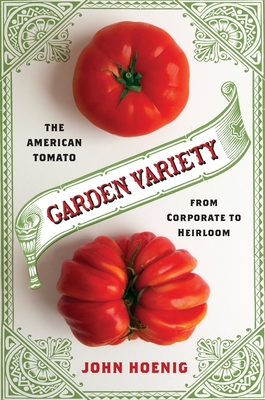Expedite your nonfiction book discovery process with Readara interviews, summaries and recommendations, Broaden your knowledge and gain insights from leading experts and scholars
In-depth, hour-long interviews with notable nonfiction authors, Gain new perspectives and ideas from the writer’s expertise and research, Valuable resource for readers and researchers
Optimize your book discovery process, Four-to eight-page summaries prepared by subject matter experts, Quickly review the book’s central messages and range of content
Books are handpicked covering a wide range of important categories and topics, Selected authors are subject experts, field professionals, or distinguished academics
Our editorial team includes books offering insights, unique views and researched-narratives in categories, Trade shows and book fairs, Book signings and in person author talks,Webinars and online events
Connect with editors and designers,Discover PR & marketing services providers, Source printers and related service providers

Garden Variety: The American Tomato from Corporate to Heirloom
History > United States - 19th Century
- Columbia University Press
- Hardcover
- 9780231179089
- 9.1 X 6.2 X 1.1 inches
- 1.2 pounds
- History > United States - 19th Century
- (Single Author) Asian American
- English
Readara.com
Book Description
John Hoenig explores the path by which, over the last two centuries, the tomato went from a rare seasonal crop to America's favorite vegetable. He pays particular attention to the noncorporate tomato. During the twentieth century, as food production, processing, and distribution became increasingly centralized, the tomato remained king of the vegetable garden and, in recent years, has become the centerpiece of alternative food cultures. Reading seed catalogs, menus, and cookbooks, and following the efforts of cooks and housewives to find new ways to prepare and preserve tomatoes, Hoenig challenges the extent to which branding, advertising, and marketing dominated twentieth-century American life. He emphasizes the importance of tomatoes to numerous immigrant groups and their influence on the development of American food cultures. Garden Variety highlights the limits on corporations' ability to shape what we eat, inviting us to rethink the history of our foodways and to take the opportunity to expand the palate of American cuisine.
Author Bio
John Hoenig is lecturer in history at Pennsylvania State University and also teaches history at Texas Woman’s University in Denton, Texas.
John Hoenig describes himself as a cultural historian, rather than a specialist in food or agricultural history. He came to Penn State in 2007 after finishing undergraduate work at Southern Methodist University in his native Texas. He's studying with Gary Cross, Distinguished Professor of Modern History.
Cross aims his own work in cultural history toward audiences beyond the academy and has authored several well-received books on topics related to consumers and consumption. "I encourage my students to ask probing questions about the present that can be explained by the past," Cross says.
Hoenig says he's interested in food because "it gives me a way to delve into a variety of subjects and to look at the lives of ordinary people, not just the elites. I'm especially interested in how we as people change through the process of industrialization, and how our culture has shaped industrialization."
A description of Hoenig's work defies neat compartmentalization. The interdisciplinary nature of his scholarship is reflected in his article, "A Tomato for All Seasons: A Study in the Geography of American Tomato Production, 1900-1945," accepted by the journal Business History Review for publication later this year. He also presented a paper at a recent meeting of the Agricultural History Society.
Source: Penn State News, Pennsylvania State University and Columbia University Press
Videos
No Videos
Community reviews
No Community reviews

